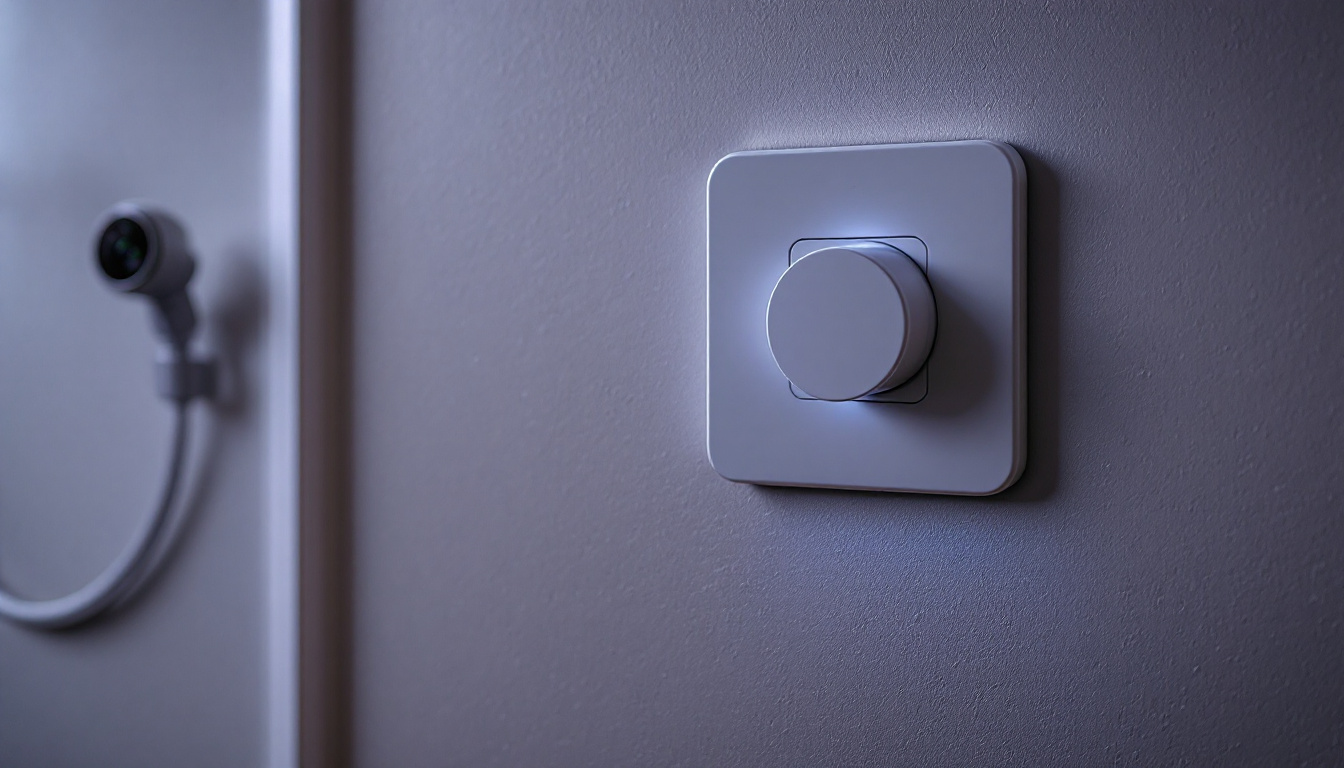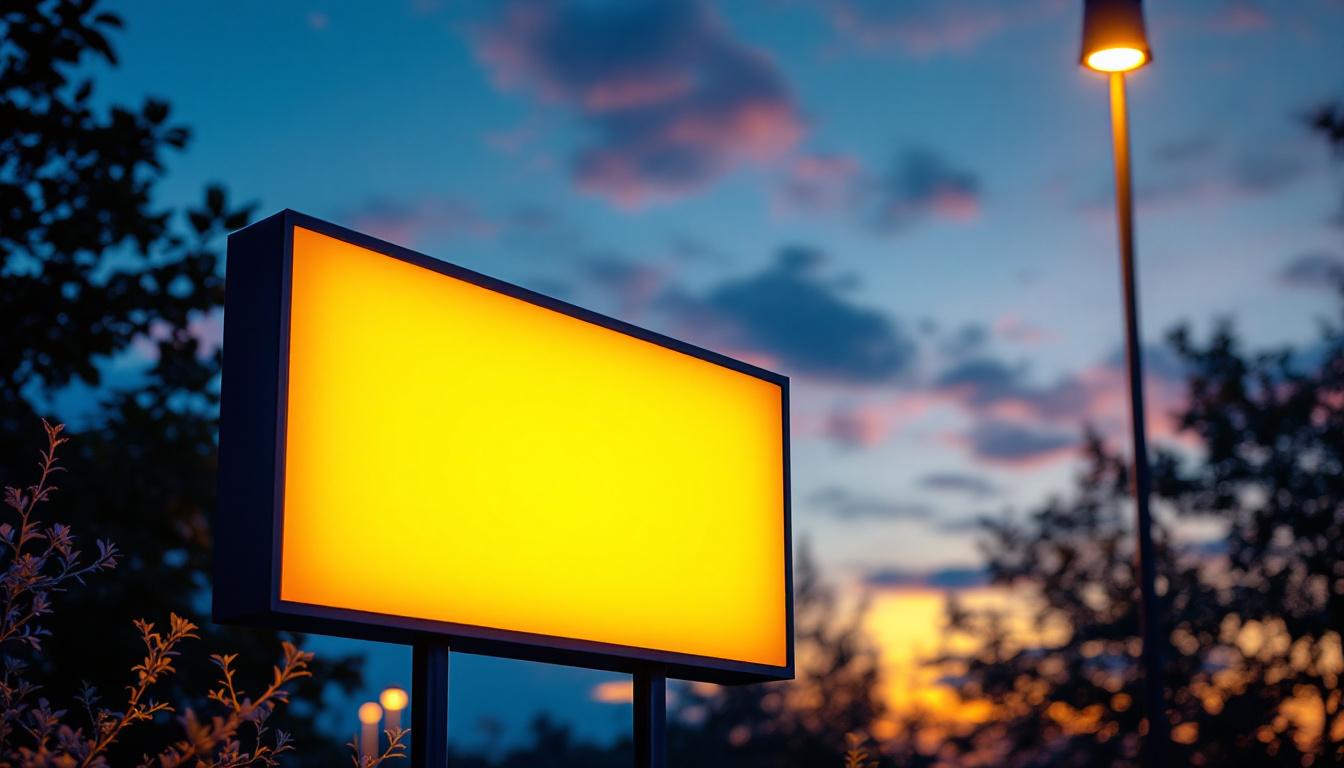
LED (Light Emitting Diode) technology has revolutionized the lighting industry, offering energy-efficient solutions that significantly reduce electricity consumption. Can light bulbs, also known as recessed lighting, are a popular choice for both residential and commercial spaces due to their sleek design and ability to provide ambient lighting. Understanding the differences between LED and traditional can light bulbs is essential for lighting contractors who aim to provide the best solutions for their clients.
LED light bulbs are semiconductor devices that emit light when an electric current passes through them. They are known for their longevity, often lasting up to 25,000 hours or more, and their energy efficiency, consuming significantly less power than incandescent or fluorescent bulbs. This makes them an attractive option for contractors looking to reduce energy costs for their clients. Additionally, LED bulbs are available in various color temperatures, allowing for customization of the lighting atmosphere in any space. From warm white tones that create a cozy ambiance to cool daylight options that enhance focus and productivity, the versatility of LEDs makes them suitable for a wide range of applications.
Can light bulbs, or recessed lights, are fixtures that are installed into a hollow opening in the ceiling. They can accommodate various types of bulbs, including incandescent, halogen, and LED. The versatility of can lights allows them to be used in various settings, from residential homes to commercial spaces, providing both functional and aesthetic lighting solutions. Furthermore, can lights can be strategically positioned to highlight architectural features or artwork, making them an excellent choice for creating visual interest in a room. Their unobtrusive design also helps maintain clean lines in modern interiors, contributing to a minimalist aesthetic that many homeowners and designers favor.
While can lights are often associated with general lighting, they can also serve specific purposes when paired with the right bulb type. For instance, using adjustable LED can lights can create focused task lighting, ideal for kitchen islands or workspaces where precision is key. Moreover, the ability to dim LED can lights enhances their functionality, allowing users to easily adjust the brightness to suit different activities or moods. As lighting technology continues to evolve, the integration of smart features into can lights is becoming increasingly common, enabling users to control their lighting remotely or automate it based on their daily routines.
Converting traditional can light bulbs to LED options offers numerous benefits that can enhance the overall lighting experience. For lighting contractors, understanding these advantages can help in making informed recommendations to clients.
One of the most significant advantages of LED can light bulbs is their energy efficiency. LEDs consume up to 80% less energy compared to traditional incandescent bulbs. This reduction in energy usage not only lowers electricity bills but also contributes to a smaller carbon footprint, appealing to environmentally conscious clients. Furthermore, many utility companies offer rebates and incentives for switching to energy-efficient lighting, allowing clients to save even more money upfront. This financial benefit can be a compelling selling point for contractors looking to persuade clients to make the switch.
LED bulbs are designed to last significantly longer than traditional bulbs. With a lifespan of up to 25,000 hours, they require less frequent replacement, reducing maintenance costs and the hassle of changing bulbs regularly. For contractors, this means fewer service calls and a more satisfied client base. Additionally, the durability of LED technology means they are less susceptible to breakage, making them an ideal choice for high-traffic areas or installations in hard-to-reach locations. The reduced need for replacements not only saves time but also minimizes waste, aligning with sustainable practices that many clients value.
LED can light bulbs provide high-quality illumination with options for various color temperatures. This flexibility allows contractors to create the desired ambiance in any space, whether it be warm, inviting lighting for a living room or bright, clear light for a workspace. The ability to dim LED lights further enhances their versatility. Moreover, LEDs offer superior color rendering capabilities, which means they can accurately display the true colors of objects, making them perfect for art galleries, retail spaces, and homes where aesthetics are paramount. This feature not only improves the visual appeal of a space but also enhances functionality, as it allows for tailored lighting solutions that meet specific needs and preferences.
While LED can light bulbs offer numerous benefits, there are alternatives that lighting contractors may consider depending on the specific needs of their clients. Understanding these options can help contractors make the best choice for each unique situation.
Incandescent bulbs have been a staple in the lighting industry for decades. They provide a warm light that many people find appealing. However, they are far less energy-efficient than LEDs and have a shorter lifespan, typically lasting only about 1,000 hours. While they may be suitable for certain applications, their higher energy consumption and maintenance requirements make them less favorable in the long run. Additionally, incandescent bulbs tend to emit a significant amount of heat, which can lead to increased cooling costs in warmer climates. Despite these drawbacks, their ability to render colors accurately makes them a popular choice for settings where ambiance is paramount, such as restaurants and art galleries.
Halogen bulbs are a type of incandescent bulb that offers slightly better energy efficiency and a longer lifespan. They produce a bright, white light and are often used in track lighting and recessed fixtures. However, like traditional incandescent bulbs, halogen lights still consume more energy than LEDs and can generate significant heat, which may pose safety concerns in certain applications. One of the key advantages of halogen bulbs is their ability to be dimmed, providing flexibility in lighting design and allowing users to create the desired mood in a space. Furthermore, halogen bulbs are known for their crisp, clear light, which can enhance the appearance of colors and textures in a room, making them a favored choice in retail environments where product display is crucial.
CFLs are another alternative that provides better energy efficiency than incandescent bulbs. They have a longer lifespan and are available in various color temperatures. However, they contain small amounts of mercury, which requires careful disposal, and they may take time to warm up to full brightness. For contractors, these factors can complicate their use in certain projects. Moreover, CFLs can be sensitive to temperature and humidity, which may limit their effectiveness in unconditioned spaces such as garages or outdoor fixtures. Despite these challenges, CFLs are often praised for their ability to provide soft, diffused light, making them suitable for general lighting applications in homes and offices. As energy efficiency becomes increasingly important, many consumers are turning to CFLs as a cost-effective solution, especially in areas where long-term energy savings are a priority.
When deciding between LED can light bulbs and their alternatives, several factors should be considered. Lighting contractors must evaluate the specific needs of their clients, the intended use of the space, and budget constraints.
Understanding the preferences of clients is crucial in making the right lighting choice. Some clients may have a strong preference for the warm glow of incandescent bulbs, while others may prioritize energy efficiency and longevity. Engaging clients in discussions about their lighting needs can help contractors tailor their recommendations effectively.
The application of the lighting is another critical factor. For example, areas that require bright, focused lighting, such as kitchens or workspaces, may benefit from LED can lights due to their brightness and energy efficiency. Conversely, spaces designed for relaxation, like living rooms, may call for warmer lighting options, where incandescent or halogen bulbs might be more suitable.
Budget constraints can significantly influence lighting decisions. While LED bulbs may have a higher upfront cost, their long-term savings in energy and maintenance can make them a more economical choice over time. Contractors should provide clients with a comprehensive cost analysis to help them understand the financial implications of their choices.
Installing LED can light bulbs involves specific considerations that contractors must keep in mind to ensure optimal performance and safety. Proper installation techniques can enhance the benefits of LED lighting and contribute to client satisfaction.
When converting to LED can light bulbs, selecting the appropriate fixtures is essential. Not all fixtures are compatible with LED technology, and using the wrong fixtures can lead to reduced performance or even damage to the bulbs. Contractors should ensure that the fixtures are rated for LED use and provide adequate ventilation to prevent overheating.
Proper wiring is crucial for the effective operation of LED can lights. Contractors should assess the existing wiring and ensure it meets the requirements for LED installations. Additionally, using compatible dimmer switches can enhance the functionality of LED lights, allowing clients to adjust the brightness according to their needs.
The placement and spacing of can lights can significantly impact the overall lighting effect in a space. Contractors should consider the size of the room, the height of the ceiling, and the intended use of the area when determining the optimal layout. This careful planning can help achieve a balanced and aesthetically pleasing lighting design.
In the ever-evolving world of lighting technology, contractors face the challenge of selecting the best options for their clients. The conversion of traditional can light bulbs to LED alternatives presents numerous advantages, including energy efficiency, longevity, and improved light quality. However, understanding the alternatives and considering factors such as client preferences, application, and budget is equally important.
By staying informed about the latest lighting technologies and installation practices, lighting contractors can provide valuable insights and recommendations to their clients. Ultimately, the goal is to create well-lit spaces that enhance comfort, functionality, and aesthetics, ensuring client satisfaction and long-term success in the lighting industry.
Ready to elevate your lighting solutions with the efficiency, longevity, and superior quality of LED can light bulbs? At LumenWholesale, we specialize in providing lighting contractors like you with the best spec-grade lighting products at wholesale prices that defy the market. Our commitment to cutting out the middleman means you enjoy the finest lighting solutions without the burden of inflated costs. With our expansive selection, free shipping on bulk orders, and a dedication to industry standards, you can confidently light up any space knowing you’re backed by the pinnacle of quality and value. Don’t compromise on your lighting needs. Discover wholesale lighting at the best value today and make LumenWholesale your trusted partner for all your lighting projects.

Discover the latest trends in electrical wall sockets that every lighting contractor should be aware of.

Discover essential insights into bathroom vanity light fixtures that every lighting contractor should know.

Discover the hidden techniques lighting contractors use to master the art of LED amber lights.

Discover the essential insights lighting contractors need to meet client expectations for outdoor sign lighting.